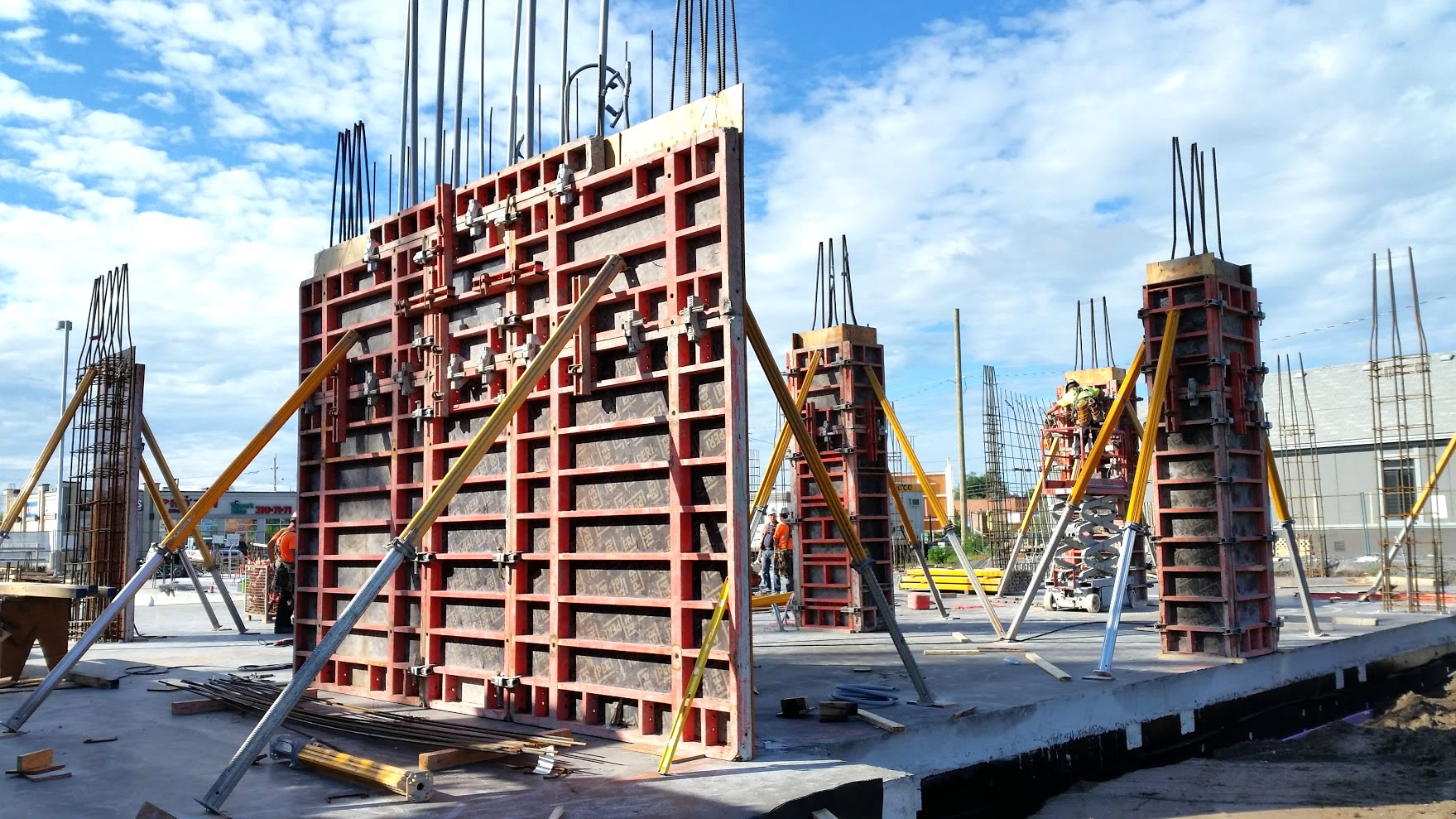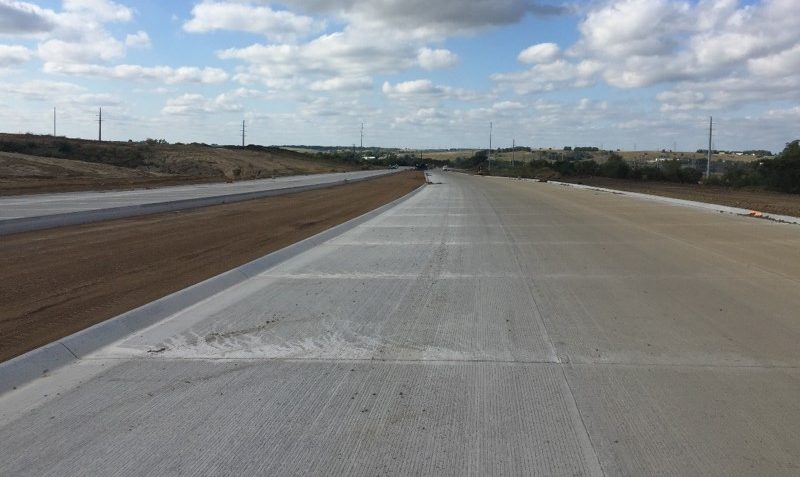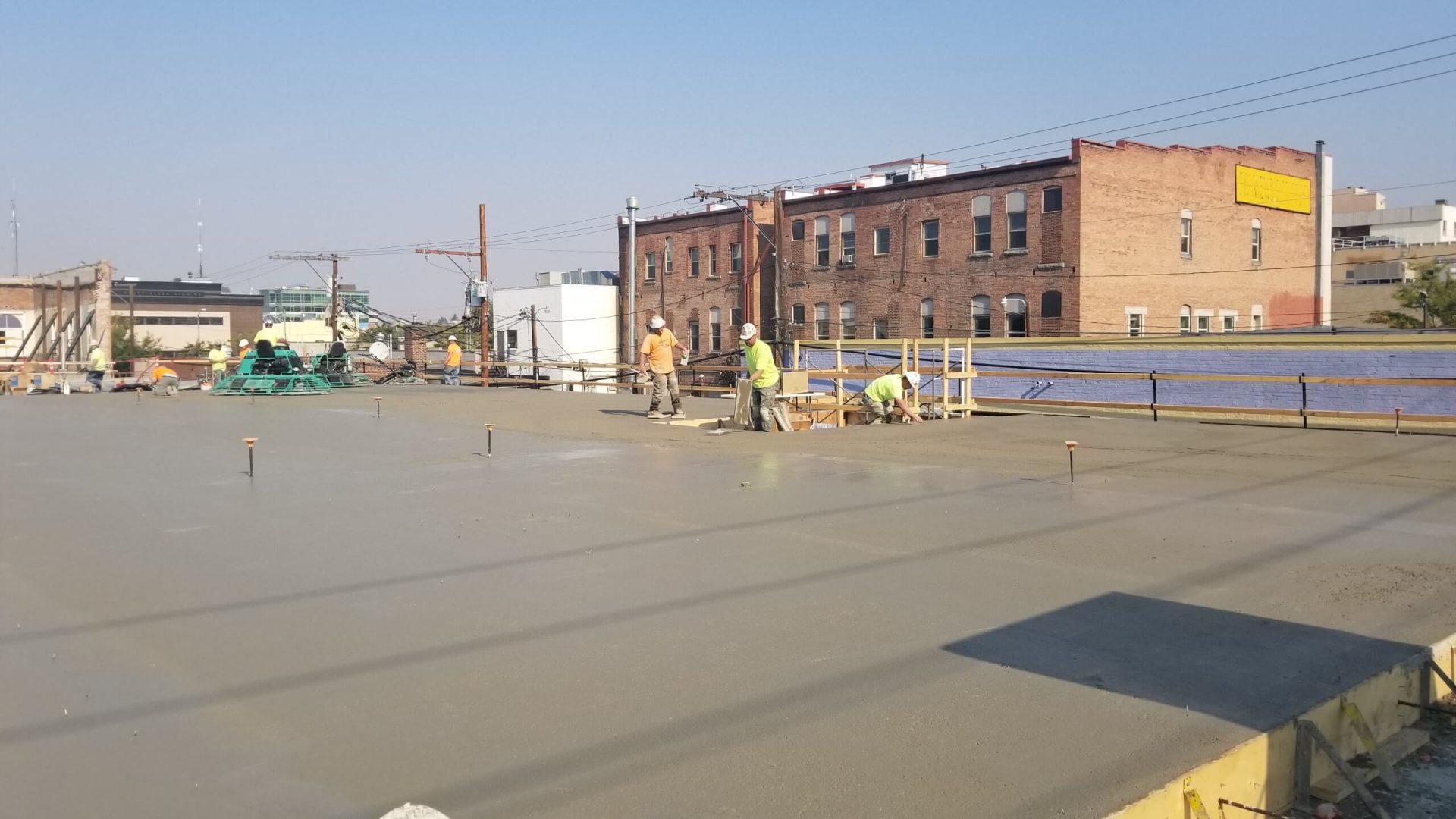More Durable Concrete That Doesn’t React to Salt
It has been a known fact for engineers that road salt, used as a de-icing agent every winter to protect the roads from the dangerous build-up of ice, are also responsible for the slow degradation of the concrete to which these roads are made of. Each winter where temperature fluctuations facilitate the build-up of ice due to the cycle of snowing, melting and freezing, roads are constantly being layered with calcium chloride salt.
Explore 12 Futuristic Technology Trends Solving Concrete's Biggest Challenges.
The issue lies in the fact that calcium chloride reacts with what is known as calcium hydrate – an ingredient found in concrete, and creates by product compound called calcium oxychloride. This chemical has the tendency to expand as it forms and so when this happens in the pore of concrete it can easily lead to degradation and cracking.
As a means of counteracting this reaction, Dr. Yaghoob Farnam of Drexel’s College of Engineering has been working on a new recipe for concrete that can hold its own against the chemical reaction. The goal is to find a concrete mix recipe that is just as strong and durable as those that typically pave the roads, but that also contains less calcium hydroxide. Farnam, who is also the director of the Advanced and Sustainable Infrastructure Materials research Group, recently created a method which uses leftovers from coal furnaces – fly ash, slag and silica fume – in a more durable concrete mix that doesn’t react to salt. His findings have recently been published in the journal of Cement and Concrete Composites.
Farnam’s study revealed that his concrete mix samples did not produce as much calcium chloride and that it did not show damage during the testing period compared to Portland cement samples which showed damage after just eight days. “This research proves that by using alternate cementitious materials to make concrete, they can avoid the destructive chemical reaction and continue to use calcium chloride,” Farnam states.
Source: http://drexel.edu/now/archive/2017/May/new-cement-recipe-stops-road-salt-degradation/








